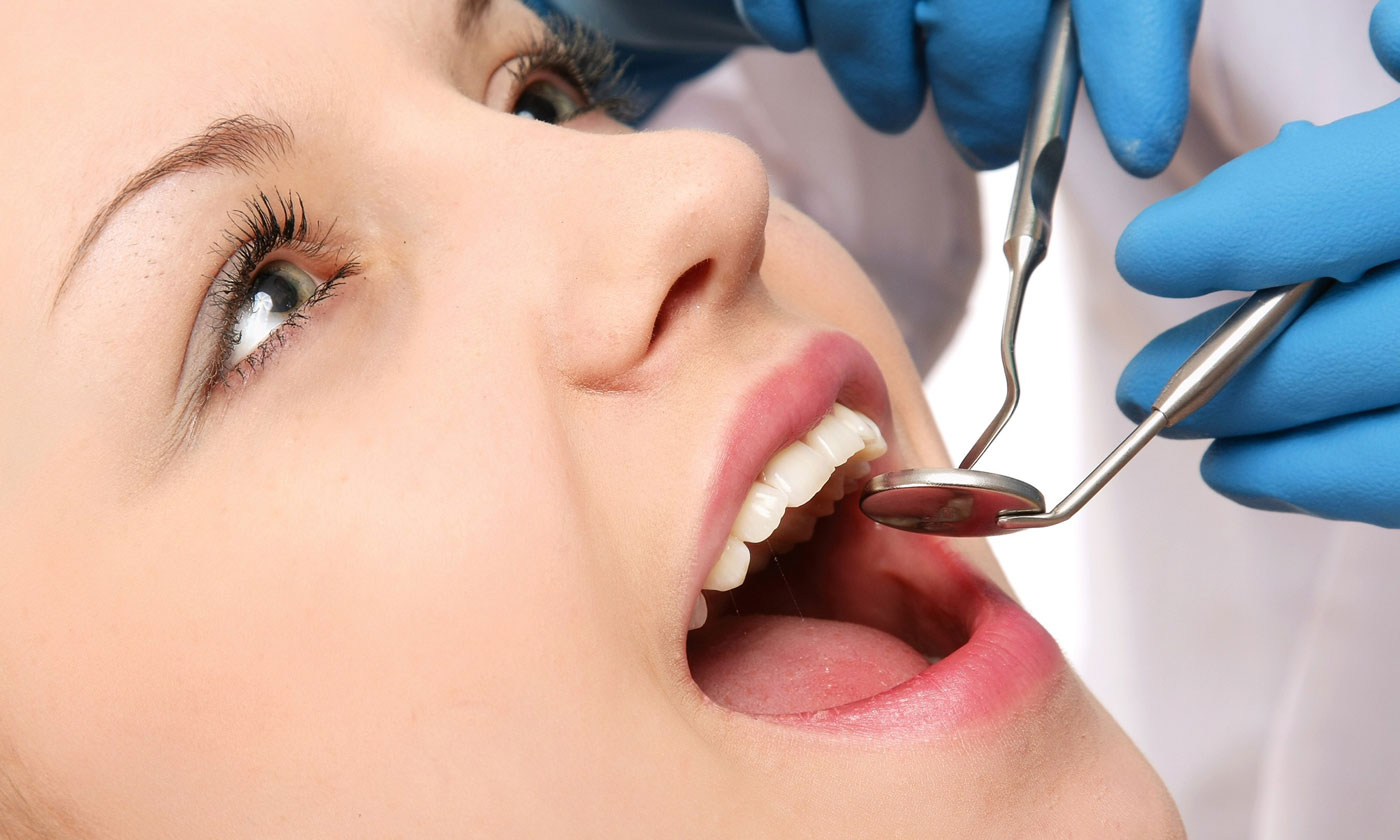During menopause, the body stops making estrogen. So, some women need menopausal hormone therapy to help relieve the symptoms of menopause like sweating, hot flashes, and the risk of osteoporosis. Some hormone therapy contains both progesterone and estrogen, while some may only contain estrogen. Sometimes they even contain testosterone. Menopausal hormone therapy is popularly known as hormone replacement therapy.
Types Of Hormone Therapy
The main goal of hormone therapy is to provide the body with estrogen that stops producing after menopause. There are two primary types of hormone replacement therapy.
Systemic Hormone Therapy
In this therapy, estrogen is absorbed through pills, skin patches, rings, gel, or cream.
Low-Dose Vaginal Products
This method is only used to treat vaginal and urinary symptoms of menopause. The medications in the form of cream or tablets minimize the amount of estrogen absorbed by the body.

Why Is Hormone Therapy Done?
Hormone therapy for women addresses specific types of issues in the body; however, the primary reason is menopause. For many people, menopause happens smoothly and does not require any treatment. However, certain people will experience numerous symptoms such as hot flashes, vaginal dryness, bone thinning, urinary problems, sleep problems, mood changes, and irregular periods. Hormone therapy manages all these symptoms.
Other reasons for hormone replacement therapy can be birth control, low blood testosterone levels, a transition from the sex assigned at birth, and prostate cancer.
Benefits Of Hormone Therapy
Any therapy or surgery brings with it several risks as well as benefits. In the case of hormone therapy, the benefits outcast the risks.
Reduces hot flashes and sweating: Therapy is an effective treatment for people who have moderate to severe hot flashes. It can help in reducing them.
Reducing other symptoms of menopause: Other than hot flashes, menopausal women experience vaginal dryness, itching, burning, and discomfort during intercourse. Estrogen given through hormone therapy can ease such symptoms.
Risks Included With Hormone Replacement Therapy
Through therapy, additional hormones are provided to the body, and they can increase risks such as heart disease, strokes, blood clots, and breast cancer. These risks vary on the age of the women, the type of hormone therapy they are getting, and their medical family history.
All the risks and benefits should be discussed with the doctor before deciding. Hormone therapy can be the right option for you. However, due to the severity of the risks, one should be careful and sure before doing it.














